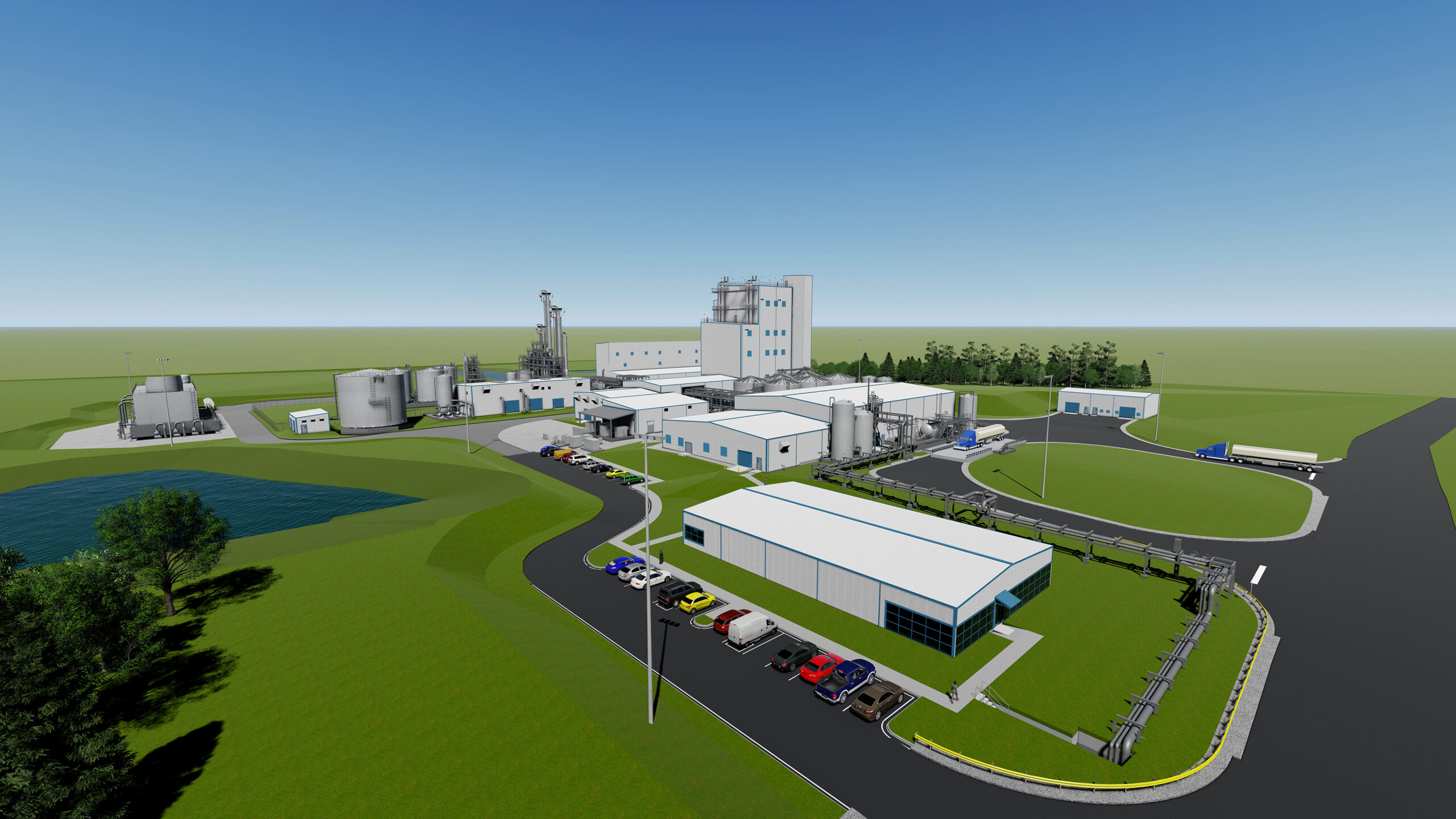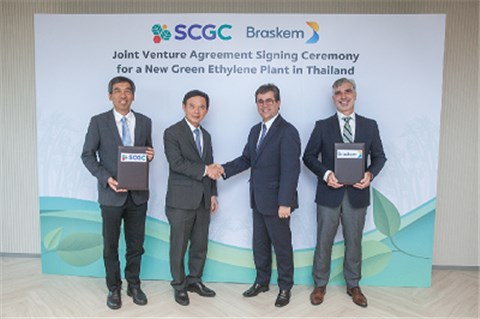France-based Global Bioenergies is on a speedy roll when it comes to commercializing its bio-isobutene product. The company announced today that it has formed IBN-One, a joint venture with major European agro-industrial company, Cristal Union, to build and operate the first plant in France, with a capacity of 50 ktpa, that will convert sugar to isobutene.
IBN-One is a société anonyme (limited liability corporation) with share capital of €1 million, jointly owned by Cristal Union and Global Bioenergies. Ahead of IBN-One’s formation, Global Bioenergies and Cristal Union conducted a preliminary design study at several potential industrial sites.
Initially, IBN-One will carry out a detailed project study covering technical, regulatory, commercial and financial aspects to flesh out the project planned in France. Global Bioenergies has granted IBN-One a non-exclusive license to use its isobutene process. The company expects many other licenses to be granted over the next few years
According to Cristal Union, IBN-One provides a bridge between the sugar and petrochemicals industry. The development of market share for renewable isobutene has opened up new prospects for French agriculture and dovetails with the policy of increasing beet-growing areas planned by Cristal Union with the end of sugar quotas looming.
IBN-One is expected to finance the cost of the engineering work with a financing round scheduled for 2016. The IBN-One plant could be operational by 2018. The companies noted interests received from public and private investors. Construction and start-up of the plant will require additional funding.
“This raises the prospect of a global first for France in industrial biology. Thanks to the high value-added of its derivatives, renewable isobutene will address market segments adjacent to those currently served by conventional processes, such as renewable ethanol.” – Bernard Chaud, Chairman and CEO of IBN-One
Cristal Union is the 4th largest European beet processor with 14 million tonnes capacity representing about 40% of beet production in France with 10 sugar factories and 3 distilleries. Its main businesses include sugar for industry and the food sector, alcohol and ethanol, renewable energy, dehydrated products for animal feeds and other high value-added molecules.
In another recent news from Global Bioenergies, the company said it has delivered the first batch of its bio-isobutene to Arkema six months ahead of schedule. The company’s industrial pilot plant, located in Pomacle-Bazancourt agro-industrial site near Reims, France, started-up in November last year, and has been operated almost continuously with the support of ARD, an affiliate of Cristal Union (and owner of the Pomacle site).
The pilot plant uses wheat starch-derived glucose, which has then been converted into gaseous isobutene by single-step fermentation. The gaseous product is purified and liquefied before being packaged in pressurized cylinders for transport.
Isobutene is a building block that can be converted into isooctane fuel as well as materials such as synthetic rubber (isobutene can be converted into butyl rubber), organic glass, plastics, etc. Global Bioenergies estimated worldwide annual isobutene consumption is around 15m tonnes valued at $25bn. The market is said to be limited by the complex access of the molecule from oil cracking.
Arkema has been looking at bio-isobutene as feedstock in the manufacture of methacrylic acid.
Global Bioenergies also announced this week that the company and its development partner, Audi, were able to produce the first batch of renewable gasoline using its bio-isobutene produced at the Pomacle pilot plant. The isobutene was converted into isooctane by the Faunhofer Institute at the Leuna refinery near Leipzig where Global Bioenergies is now building its demonstration plant.





